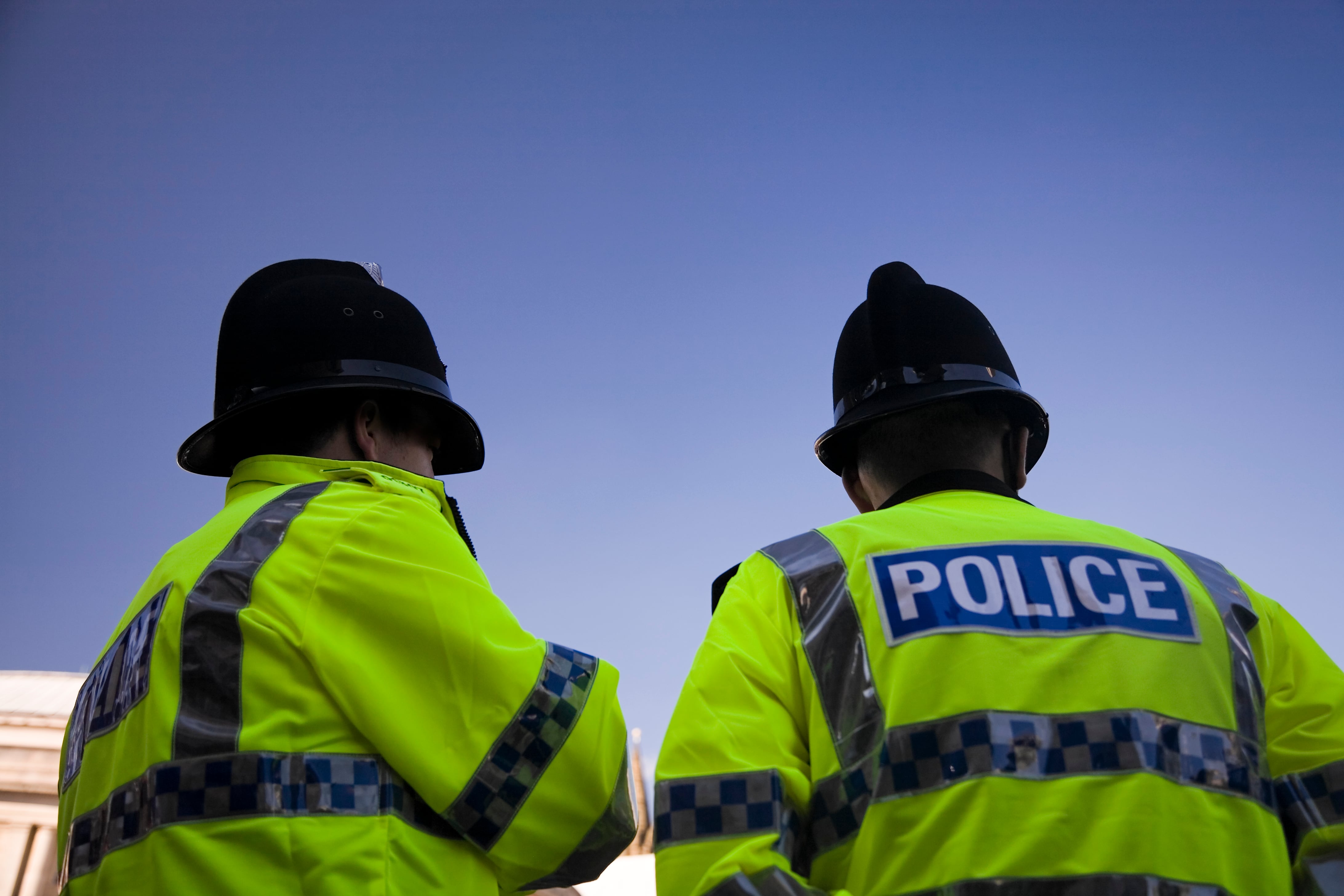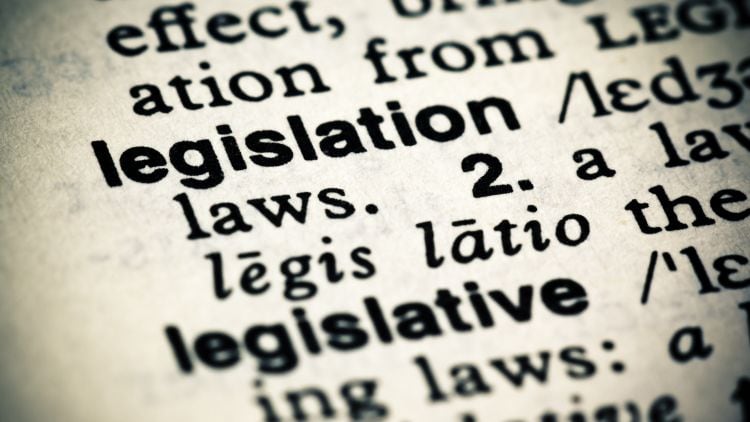Q: There was a fight in my bar last night and now the police have issued us with a closure notice under the Anti-social Behaviour, Crime and Policing Act 2014 requiring us to close for 48 hours. What does this mean and what can we do about it?
A: Closure notices can have a significant detrimental on any premises due to the lack of notice and potential duration which may force your premises to close. Getting legal advice as soon as possible may be your strongest chance in defeating the issuing of one.
Closure notices are issued by the police or local authority as an urgent measure to close premises in the event of nuisance or disorder associated with the premises.
They are not exclusively used in respect of licensed premises but might be used by the police in preference to other measures under the Licensing Act 2003. They can last up to 48 hours.
The authorities do have other powers to close down premises under different legislation. However, in light of the recent fight, it is likely that the police are arguing that the premises are associated with disorder and that it is necessary to close the premises to prevent further nuisance or disorder from occurring which is what these closure notices are designed to deal with.
Once issued, the premises must close in accordance with the terms of the notice (for example, certain people may be allowed to remain on the premises.) The authorities should identify if anyone lives at the premises and consult with anyone they think appropriate.
Failure to comply with the closure notice is a criminal offence. Once you have been issued with a closure notice, it is important to get legal advice as soon as possible.
Legal requirement
It is a legal requirement that within 48 hours of a closure notice being issued (not including Christmas Day), an application for a closure order for up to 3 months must be heard by the magistrates’ court.
This will mean that you will not have too much time to instruct a solicitor to represent you in court and prepare your case. It is possible to adjourn the hearing for up to two weeks but the premises will likely stay closed during this period.
It is likely the police will argue at court that the fight was evidence of disorder associated with the premises and that it is necessary to keep the premises closed to prevent further issues.
They might argue that there is a history of incidents and that this is the last straw.
They might argue that there are fears of further reprisals at the premises and this is why the premises must close. At court you will be able to argue your case and that it is not necessary to close the premises.
You might have evidence to support your case and you can present this to the court to support your position.
Trigger review
If the court grants the order, the premises must remain closed in the terms of the order for up to three months. Again, breach of the order is a criminal offence.
The making of a closure order will also trigger a review of the premises licence with the licensing authority which must be resolved within 28 days.
The review is a separate set of proceedings which will determine if the licensing objectives have been promoted or not.
If the court makes the order, you can appeal to the Crown Court to overturn the decision.
The Crown Court can make their own determination which could be to quash the order, to make the order in the same terms or to make the order in different terms.
If you decide not to appeal the making of the order, you can apply to the magistrates’ court to cancel the order early although this is likely to require a significant change in circumstances from when the order was made.
The authorities can also apply to extend the order for up to a total duration of six months.
- Joe Harvey is an associate solicitor at Poppleston Allen




